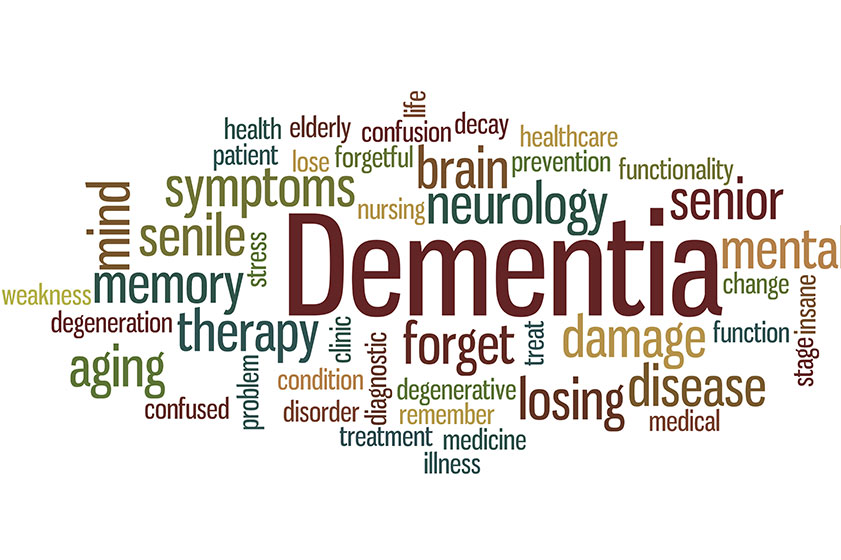Dementia is an umbrella term that refers to a group of several different symptoms. It is most commonly associated with memory issues or memory loss but can also cause cognitive problems with aspects like reasoning, concentration, judgment, communication, and even visual perception. It is important to note that dementia in itself is not a disease and has to be caused by another condition like Alzheimer’s disease or Parkinson’s disease.
As the disease progresses, each will display different types of symptoms and signs. However, there is a common scale that is used to measure progression called the Global Deterioration Scale for Assessment of Primary Degenerative Dementia (GDS). It has been established that there are seven different stages of dementia with four distinct categories.
No Dementia
Comprising of stages one to three, there is little to no sign of dementia. In fact, up to stage two, any apparent symptoms can be easily misdiagnosed as simply being the effects of aging. At this stage, your loved one will still be able to accomplish tasks on their own but will slowly start to display more signs of forgetfulness, problems driving, and even difficulty focusing on tasks that they are familiar with. Stage 3 is also known as mild cognitive impairment (MCI) and is the most crucial stage for early intervention.
Mild or Early-Stage Dementia
Mild dementia refers to stage four where your loved one will experience moderative cognitive decline. On average, this stage tends to last around two years and issues can be easily detected during medical checks. At this juncture, caregivers are provided daily care plans as individuals are starting to experience greater issues integrating with society and accomplishing familiar and necessary tasks by themselves.
Moderate or Middle-Stage Dementia
This category includes stages five and six where individuals will experience moderately severe to severe cognitive decline. At this stage, it will be extremely easy to identify signs of dementia and your loved one may start to forget the names of their family members and close friends. Symptoms like delusions, anxiety, compulsions, wandering, and even increased aggression will appear.
Severe or Late-Stage Dementia
This category comprises just stage seven. At this point, the person would have experienced very severe cognitive decline and will remain in this state for around two to three years. They would have completely lost their ability to communicate and will require assistance in almost all activities. It is crucial to consider memory care options as 24/7 care will be required. Symptoms will include a gradual loss of verbal communication, restlessness, vulnerability to infections, incontinence, and even difficulty swallowing and eating.
Enjoy Personalized Memory Care at Discovery Village At Sugarloaf
While nothing can replace the unconditional love and care of family, sometimes the amount of care and support required may exceed the capabilities of individuals who are not medically trained. In most circumstances, it will also be too much responsibility to place on one person alone. At this point, it is important to seek out compatible senior living communities where dedicated team members will be able to provide the specialized care your loved ones require.
For more information on our memory care program or our other senior living options, contact us today.







